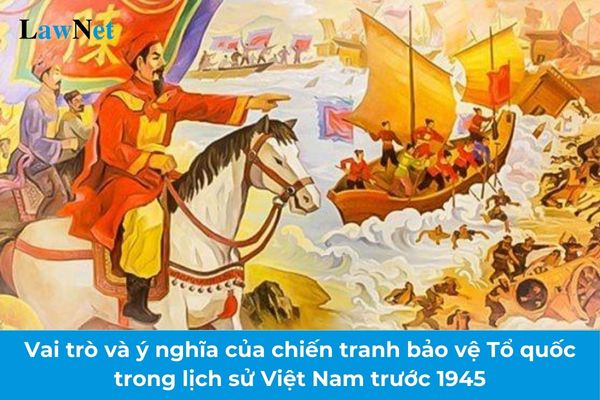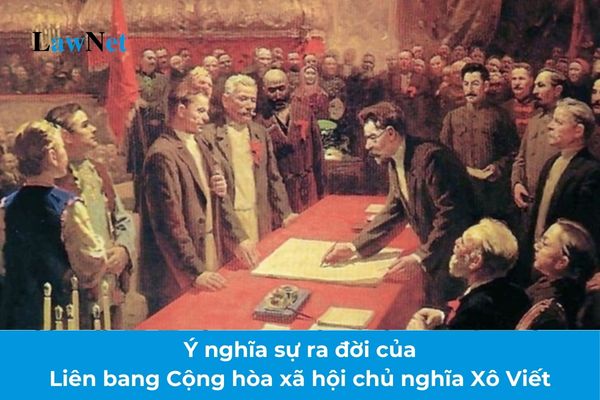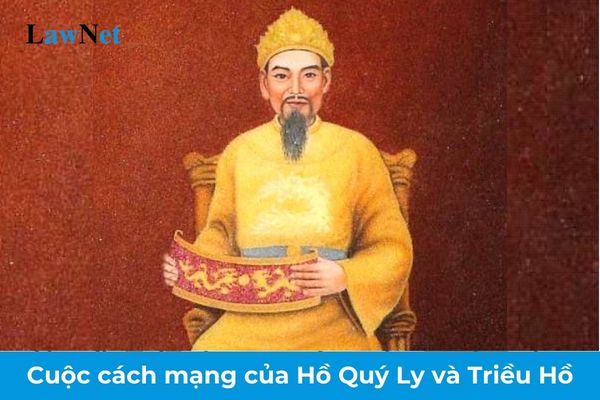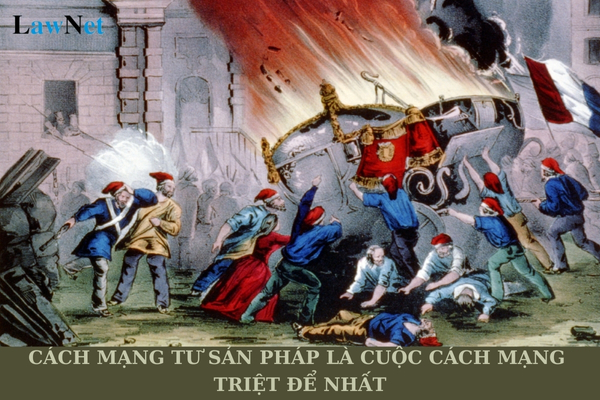What are the analyses of the role and significance of wars for protection of the Fatherland in Vietnamese History before 1945?
What are the analyses of the role and significance of wars for protection of the Fatherland in Vietnamese History before 1945?
The wars for protection of the Fatherland before 1945 marked significant milestones in the history of the Vietnamese nation.
Students may refer to the following the analyses of the role and significance of wars for protection of the Fatherland in Vietnamese History before 1945:
(1) The role of wars for protection of the Fatherland
- Protecting independence, unity, and territorial integrity:
The wars for protection of the Fatherland were the decisive keys to maintaining national independence, ensuring national sovereignty, and territorial unity. Through wars against foreign invaders, from the resistance against the Han Army, the Mongol-Yuan Army, to the resistance against the French, and then the Americans, Vietnamese people demonstrated strength and tenacity in preserving their independence. These wars allowed Vietnam to survive and develop up to today, without being erased or divided by oppressive invading forces.
- Laying the foundation for the formation of the nation and ethnicity:
Wars for protection of the Fatherland profoundly impacted the formation and development of the nation and ethnicity. They were challenges not only in military terms but also opportunities to build political institutions, foster unity, and affirm national identity. Each victory in these wars not only helped consolidate independence but also promoted national unity, creating a great solidarity bloc, despite ethnic, linguistic, and regional diversities.
- Impacting national management and development policies:
The outcomes of wars for protection of the Fatherlands significantly influenced management policies and national development. In the war context, leaders had to strategize military, financial, and human resources appropriately. They also needed to adjust foreign policies to address invading forces while developing internal policies to strengthen the national spirit and nationwide unity. Valuable experiences from these wars aided subsequent generations in managing and developing the country more effectively.
(2) The significance of wars for protection of the Fatherland
- Shaping the tradition of patriotism and resilience:
Through wars for protection of the Fatherland, the tradition of Vietnamese patriotism was formed and robustly developed. From resisting the Han and Mongolian invaders to the resistance wars against the French and Americans, Vietnamese people demonstrated their steadfastness, perseverance, and indomitable spirit in fighting for freedom and independence. The fighting spirit stems not only from the need to protect land but also affirms the nation's self-determination and the right to live. This tradition remains a powerful driving force in the new era of nation-building and defense.
- Invoking a spirit of unity and national pride:
Each national defense war was an opportunity for the Vietnamese people to demonstrate unity, collectively fighting for a common goal. During the harsh war years, the Vietnamese populace transcended differences in locality, ethnicity, and religion to unite in combat. This spirit became an invaluable national asset, passed down from generation to generation, while national pride was strongly evoked. This helped Vietnam steadfastly withstand challenges and confidently engage in integration and development in later periods.
- Reinforcing faith in the cause of independence and freedom:
Each victory in wars for protection of the Fatherland, whether military or moral, reinforced faith in the struggle to protect independence and freedom. Great victories like the Battle of Bach Dang and victories in the resistance wars against the French and Americans affirmed that nothing could violate the self-determination of the Vietnamese people. This stands as evidence of the indomitable power of the nation throughout history.
Note: The content regarding the role and significance of wars for protection of the Fatherland is for reference purposes only.

What are the analyses of the role and significance of wars for protection of the Fatherland in Vietnamese History before 1945?(Image from the Internet)
What learning outcomes are required for 11th-grade students after learning about wars for protection of the Fatherland in Vietnam?
Under Section 5 of the general education program for History issued together with Circular 32/2018/TT-BGDDT, the learning outcomes required for 11th-grade students after learning about wars for protection of the Fatherland in Vietnam are as follows:
- Evaluate the strategic geographical location of Vietnam.
- Analyze the role and significance of wars for protection of the Fatherland in Vietnamese history.
- Appreciate the tradition of defense struggle by previous Vietnamese generations in history and participate in local gratitude work.
What are the national perspectives for developing the 11th-grade History curriculum in Vietnam?
According to Section 5 of the general education program for History issued with Circular 32/2018/TT-BGDDT, the national perspectives for developing the 11th-grade History curriculum in Vietnam are as follows:
The History curriculum helps students correctly perceive the traditional values of the nation, forming and developing the good qualities of the Vietnamese people and the universal values of global citizens. To be specific:
- The History curriculum helps students correctly understand patriotism and the genuine, progressive national spirit of Vietnam, the nation's status in the region and the world throughout historical periods, aiming to build genuine national pride and recognize Vietnam's strengths and limitations in historical heritages.
- The History curriculum helps students form and develop humanistic values and community spirit, countering social, cultural, ethnic, and religious prejudices and discrimination; aiming towards values of tolerance, compassion, respect for differences, and equality among nations, communities, genders, and social groups; promoting peace, reconciliation, harmony, and cooperation.
- The History curriculum equips students with an appropriate, positive attitude toward protecting resources, nature, and the environment, aiming for sustainable development and striving for a peaceful world, a progressive, transparent, fair, and civilized society.





- Vietnam: What is the value of Avogadro's number in Chemistry? What does Chemistry study?
- Vietnam: What are the sample letters to friends for 4th-grade students? How many periodic tests do 4th-grade students have to take in a school year?
- Vietnam: What are the 06 sample introductions of an essay on the poem "Đoàn thuyền đánh cá" for excellent students? What are the objectives for Literature at the upper secondary level?
- What is Renaissance Culture? In Vietnam, what is the grade at which students will learn about Renaissance Culture?
- Vietnam: What are the sample letters to relatives for 4th-grade students? What are the writing skills required for 4th-grade students?
- Vietnam: What are the sample social argumentative essays on responsibility in work under the 10th-grade Literature curriculum? How many lessons in the school year does the 10th-grade Literature curriculum include?
- Vietnam: What is the schedule for returning to universities after the Lunar New Year 2025?
- Vietnam: What are the top 10 200-word sample argumentative essays on green living? In what category are the learning results of 7th-grade students with a GPA of a subject of 6.5 assessed?
- Vietnam: What are the sample argumentative essays on an issue to be solved between humans and water resources? What learning outcomes are required for writing practice in the 7th-grade Literature curriculum?
- Vietnam: What are the top 03 sample argumentative essays on a human vice in society? When do students take the 1st-semester final exam for the 2024-2025 school year?

